Ben Rous,
Assistant Head of School
Director of Upper School
(Former Director of College Counseling)
Director of Upper School
(Former Director of College Counseling)

In his book, The Hypochondriacs: Nine Tormented Lives, author Brian Dillon makes the case that Charlotte Bronte and Florence Nightingale similarly use hypochondria to give themselves space to create—Bronte in her literary works and Nightingale in her desire to reform the health care of British servicemen.
Harvard Business School professor David Moss riffs on this same theme in his book, Democracy: A Case Study. Moss says that it’s good to be a hypochondriac in the sense that it impels a person to address and seek a cure to a problem— in this case, the health of our democracy. It is beyond the scope of this column to comment on whether or not our democracy is currently weakened or robust, but Moss’ (and Dillon’s) claims about the benefits of hypochondria—that it offers a space from which to ponder and address an ill— are applicable to college.
In a previous post, I explored the perils of “box checking” in high school and advocated for a more thoughtful student engagement of high school and life. Jeffrey Selingo’s There is Life After College does as well. In it, he argues that the conventional wisdom is that going to the right college is the ticket for career success. And that this conventional wisdom is a fiction.
Instead, he claims that colleges are currently failing in their mission (or the least, their mission as it’s perceived by the paying customers) to prepare students for career success by remaining stuck in a model that is not sensitive to the dynamic nature of the 21st century job market, a job market that wants its prospective employees to be well-versed in the kind of failure, ambiguity, and real-world critical thinking that a successful workplace demands and fosters.
Selingo argues that there is no opportunity for this kind of learning in college as it’s currently configured. Rather, professors teach their subjects in a rigidly prescribed fashion that offers little chance to experience failure (because today’s well-loved and lauded students—and their paying parents—are risk-averse), ambiguity (because the assignments have very specific parameters), or critical thinking (research tends to be a reiterative exercise in the choreographing of existing ideas rather than generating original ones). According to him, excelling at any job in the working world is about “doing things you weren’t asked to do.” This is, of course, the antithesis of the current college model.
So Selingo advocates college-age students getting these experiences and developing these skills outside the traditional university classroom channels—in trade schools, community colleges, gap years, apprenticeship program, research opportunities, and internships. These are the best ways for young people to learn and develop the attributes that will make them competitive job applicants in the emerging economy: maturity, independence, polish, confidence, curiosity, grit, teamwork, and ownership. Moreover, they will need to be able to connect the dots on their resumes, to be able to articulate how the experiences they’ve had are applicable to the jobs they seek—jobs that may not even exist yet.
Selingo’s “hypochondria”, his focus on the ills of college, offers students and parents an opportunity to address these ills by re-imagining the path immediately after high school.
I would add that it also offers a way to re-imagine the path in high school.
I’d love to hear your thoughts!
Your Content Goes Here


